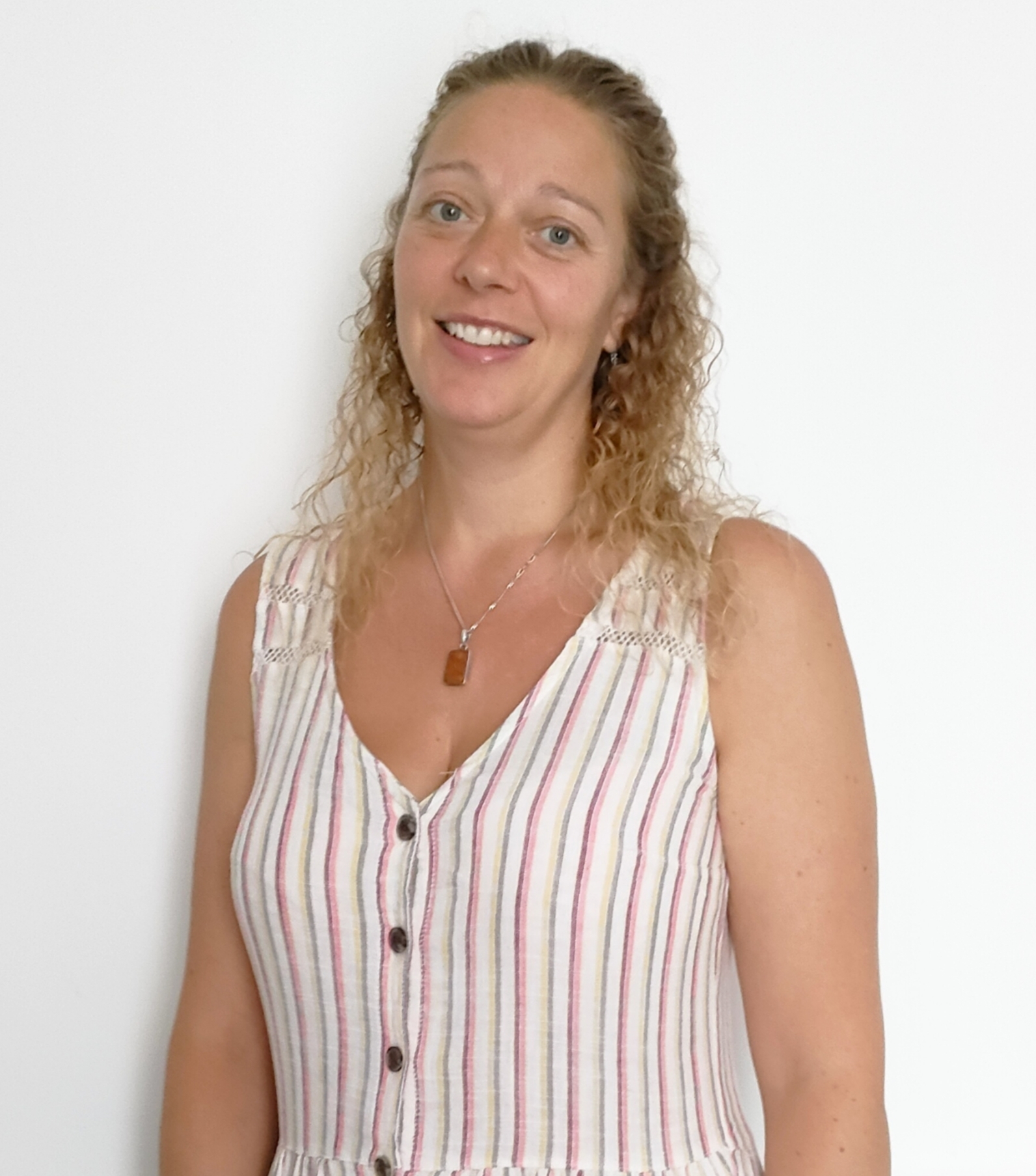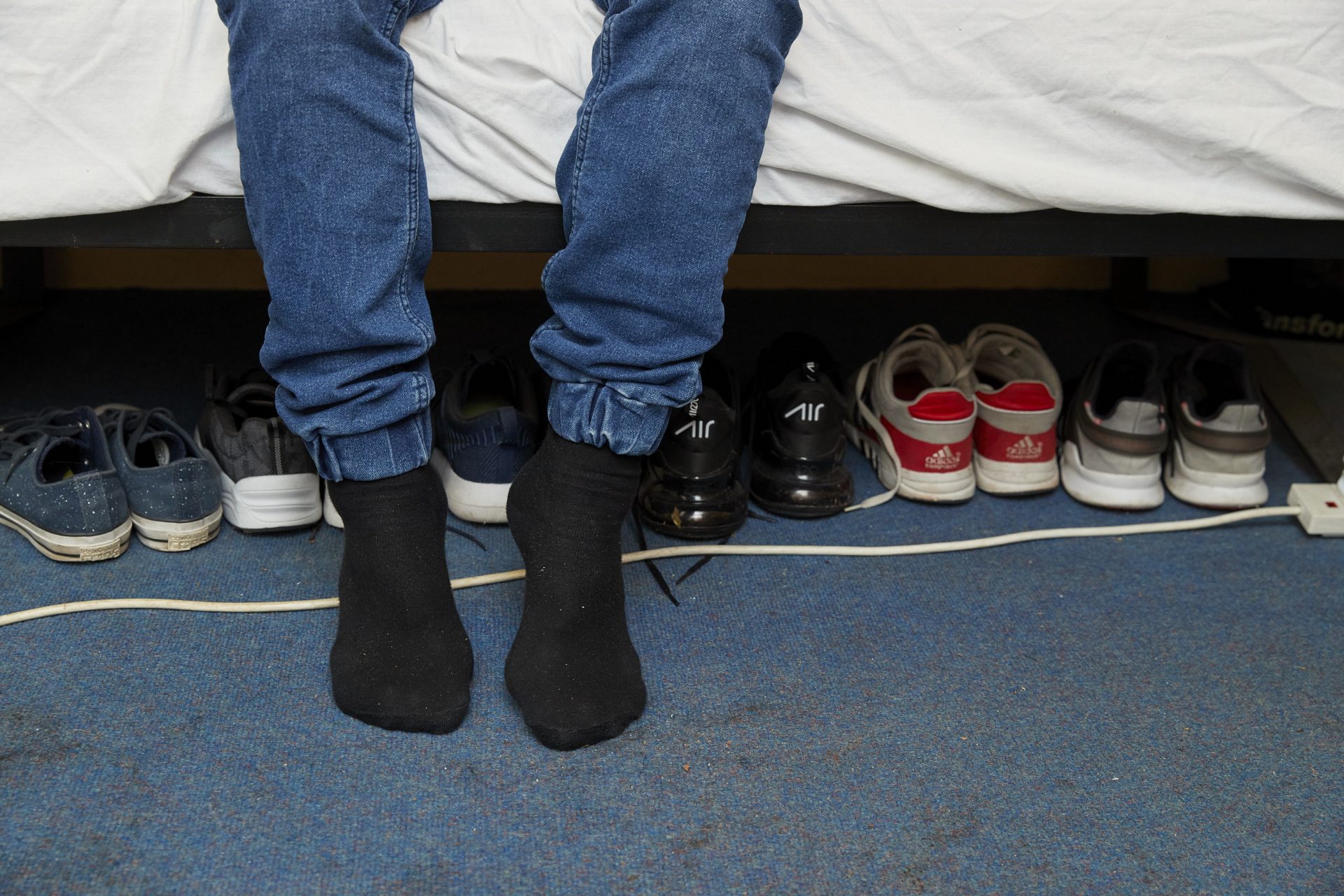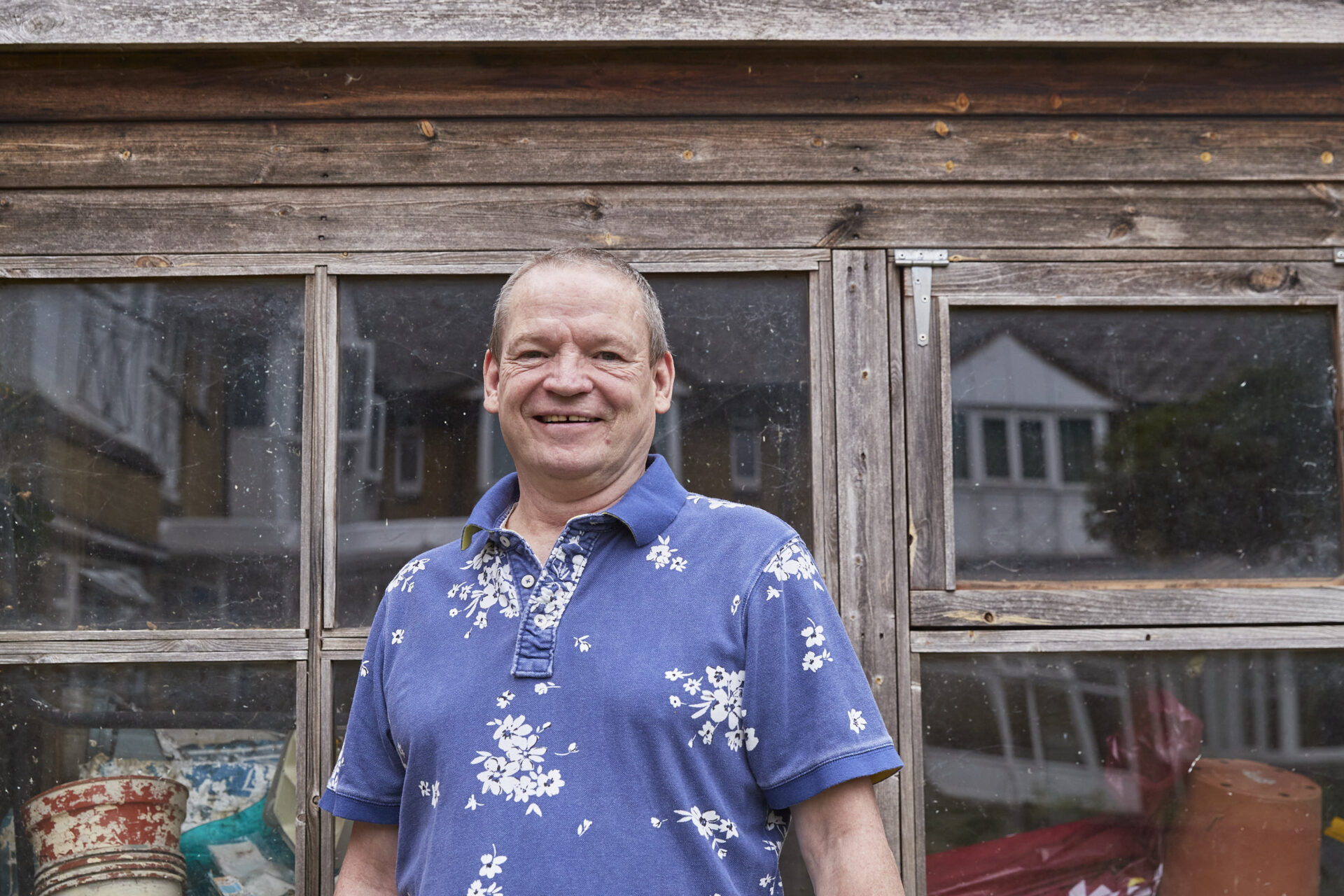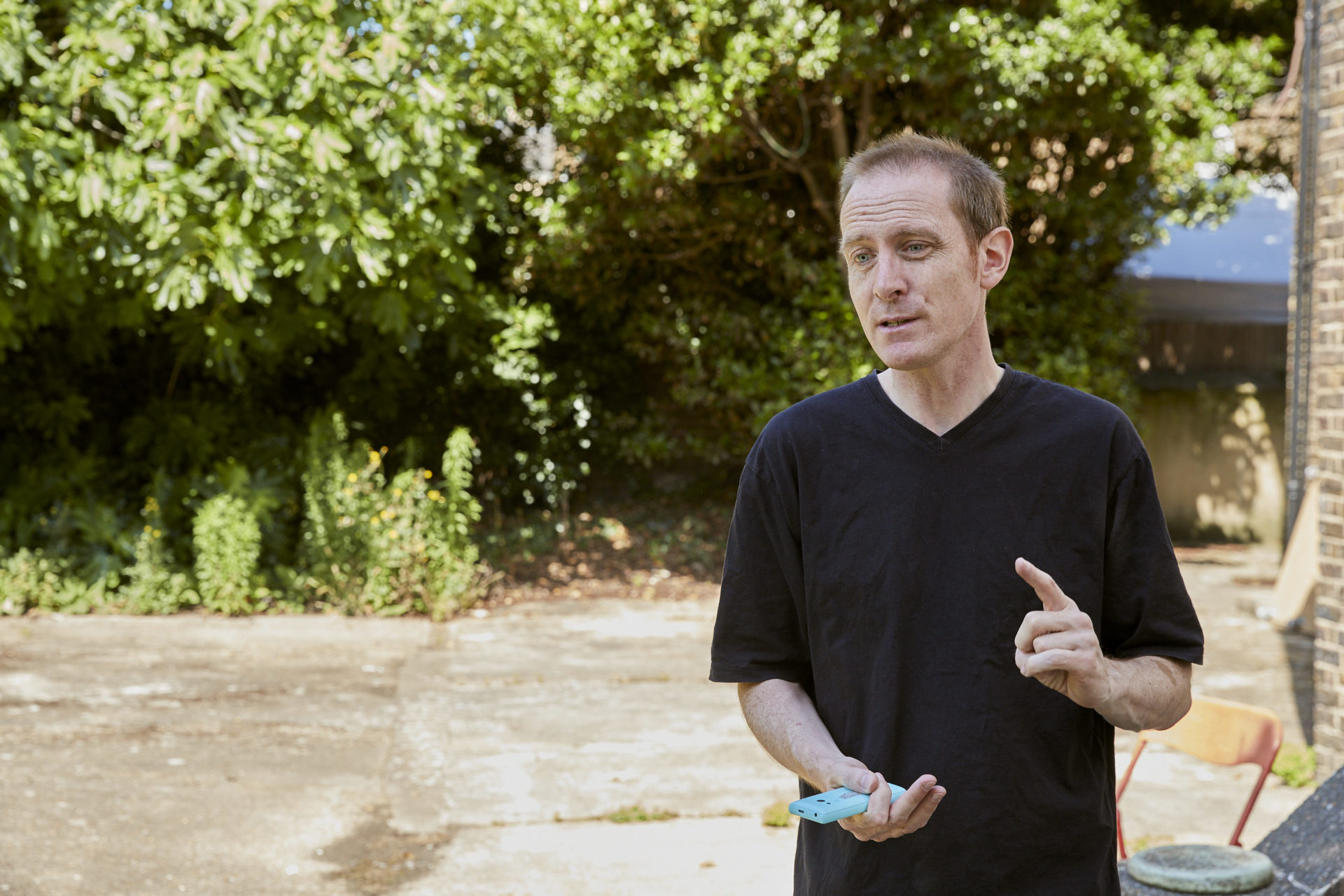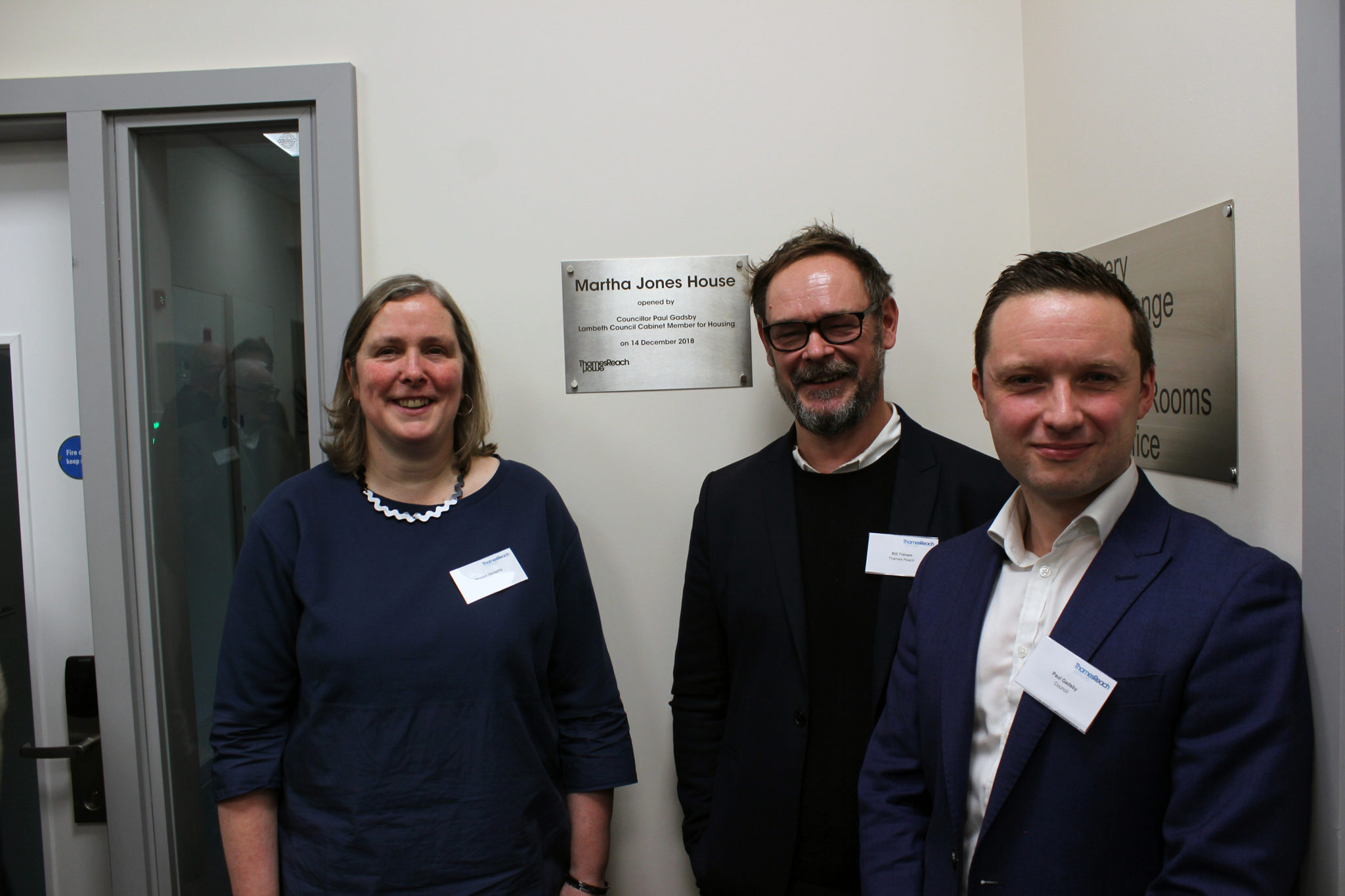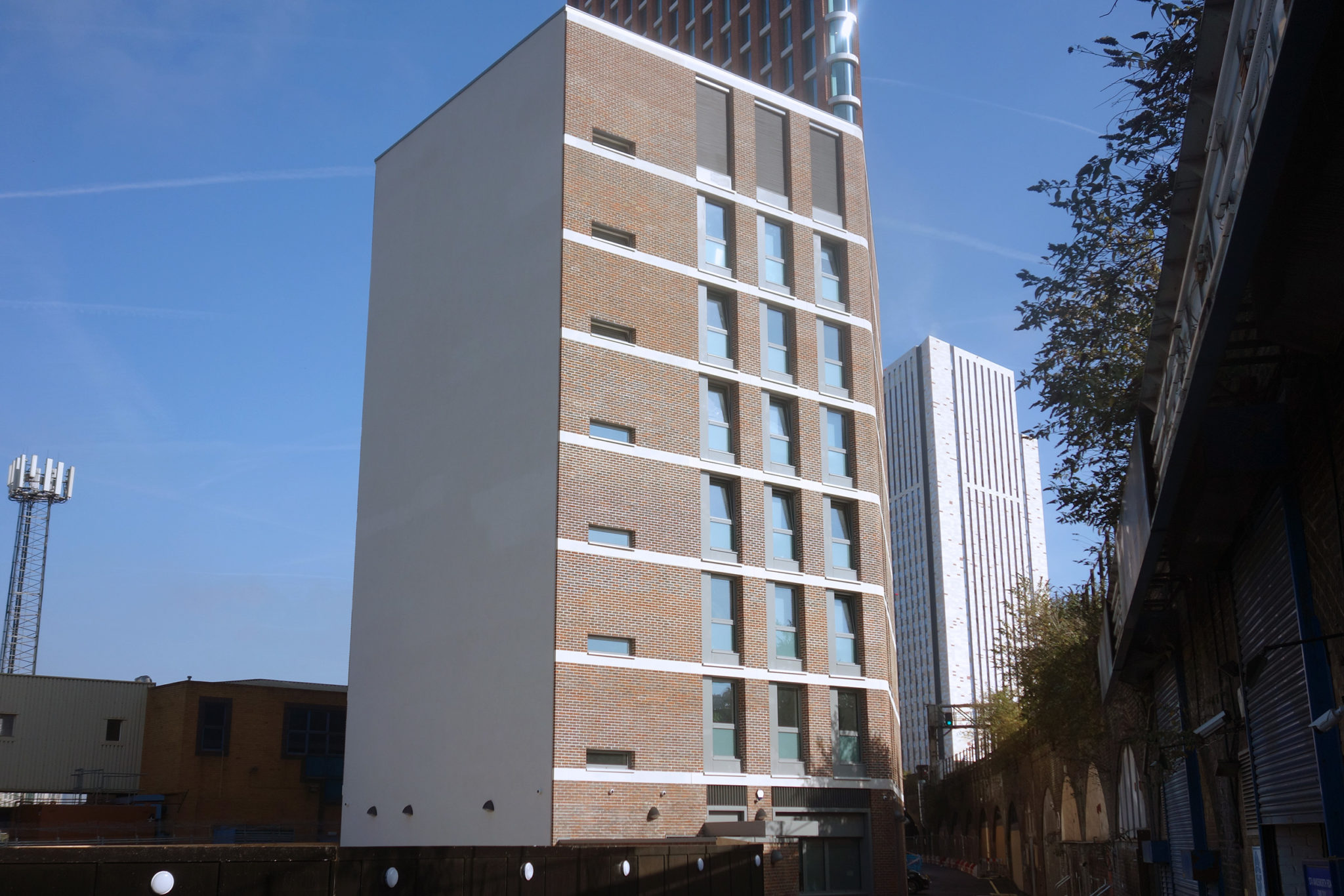What must the next Prime Minister do to help end street homelessness?
As the Conservative leadership race nears its end, our Chief Executive, Bill Tidnam, looks at what the new Prime Minister needs to do to end street homelessness
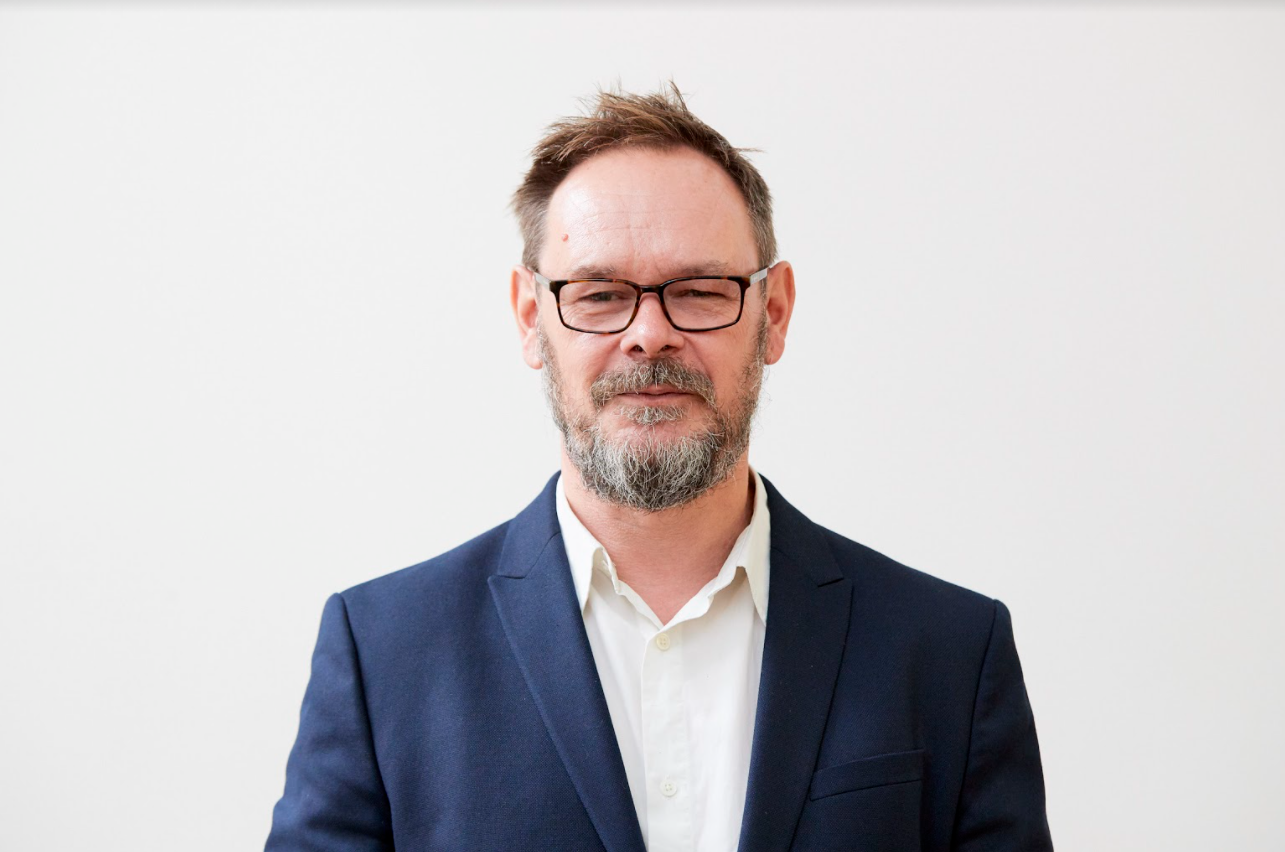
As the Conservative leadership contest draws to a close and we find out who will be our new Prime Minister, we know that the big issues facing the next government, especially COVID recovery, the cost-of-living crisis and Brexit, all play a part in any attempts to end street homelessness. Our Chief Executive, Bill Tidnam, discusses what is needed to put an end to street homelessness.
“The last three years have seen a reduction in rough sleeping, and an improvement in the way that central and local government have worked together with organisations like Thames Reach towards the goal of ending rough sleeping. We have also seen an increased recognition that the work of other areas, notably health and criminal justice services, are part of the problem and therefore need to be part of the solution.
Protecting recent progress
“Significantly, this has been unpinned by a Treasury settlement that has set funding plans for a three-year period, which started in April this year. This is a relatively short time, but it has allowed us to plan and develop services that are beginning to make a real difference. We still have a very long way to go, but we are going in the right direction. Our first ask is that the new government protect this progress and recommit to this dedicated spending and the ambition of ending street homelessness, without which we will lose the progress that we have made.
Addressing benefit issues
“Our second ask is that the government looks again at benefits. In London, the combination of a benefits cap and local housing allowance limits mean that much of London is unaffordable to single people who are on low incomes and reliant on benefits for support, or who are not in work. This means that people spend longer than they should in temporary accommodation and hostels, and that they are unable to find accommodation in areas that they know and where they can find work, contributing to labour shortages in industries like hospitality and construction.
Non-UK nationals
“Finally, it remains the case that around half the people sleeping on the streets of London are non-UK nationals. We welcome the increased flexibility shown by the Home Office in working with this group, for example the relaxation of deadlines around settled status. However, the options available to our outreach teams working with non-UK nationals are far more limited, and as a result many may remain on the streets. Without a flexible and compassionate approach that focuses on getting people off the streets, our aspirations to end rough sleeping will remain out of reach.”

